Beyond the Alphabet

Beyond the Alphabet is a weekly column that focuses on the tech world both inside and out of the confines of Mountain View.
After Lenovo and Samsung debuted their latest Chromebooks last year, I figured we would be in store for big things in 2025. Fast forward to now, as we’re almost three full months into the year, and there really hasn’t been much going on.
Sure, ChromeOS is still being updated at its regular cadence, and there are a few rumors here and there. CES came and went, and HP even announced more than 20 new devices at its Amplify conference, none of which are powered by ChromeOS. Instead, what we’ve seen so far is an updated Acer Chromebook Plus 515, the Chromebook Spin 312, and the Lenovo Chromebook Plus 2-in-1. That’s about it.
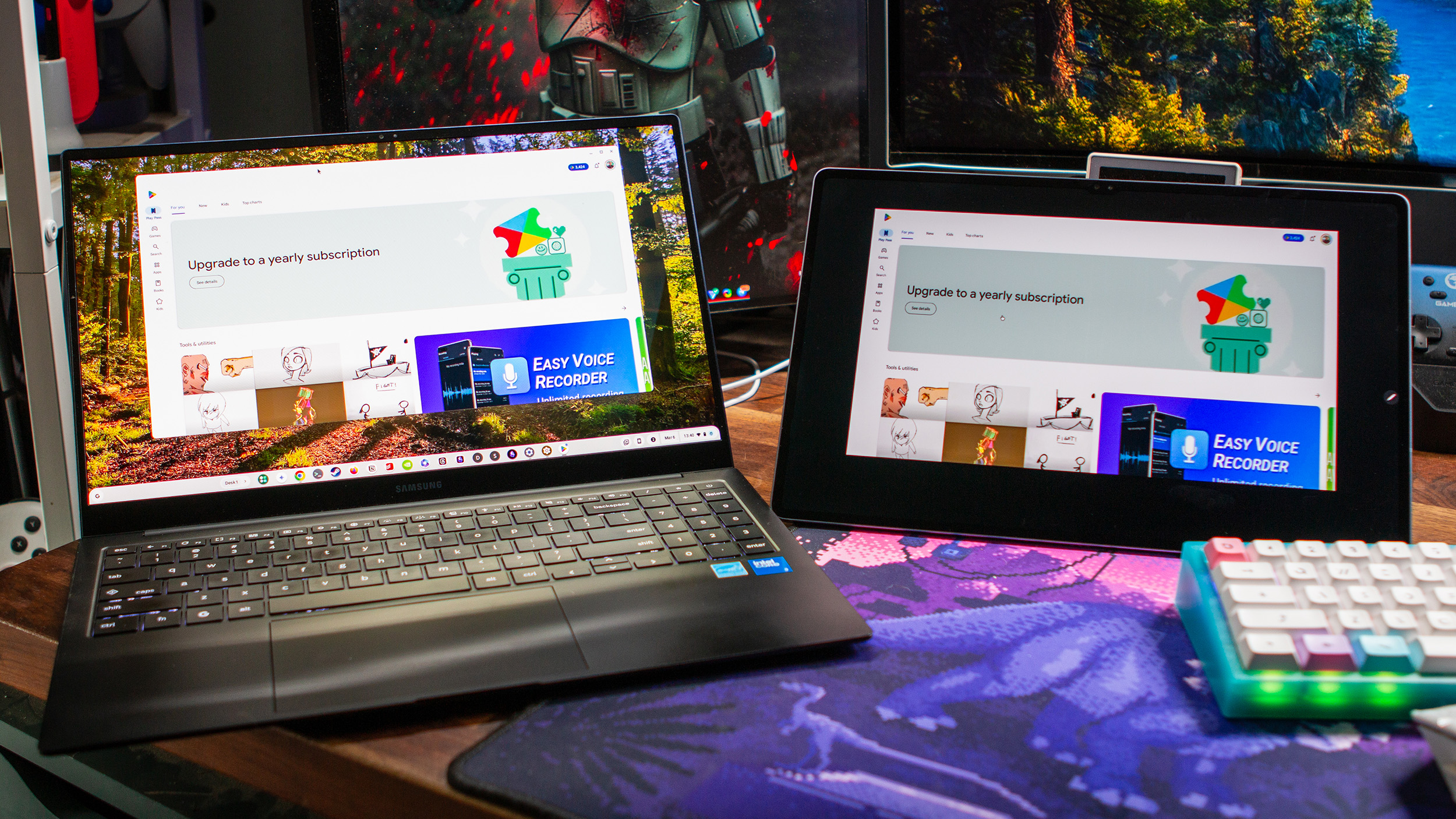
Our friends over at Chrome Unboxed have been keeping an eye on a few things, such as a Lenovo Chromebook powered by the “MediaTek MT8196” and a potential ASUS Chromebook that is codenamed “Skywalker.” But those have yet to arrive, and we aren’t really sure just how much of a splash either of those would make. There’s definitely potential, with the MT8196 said to match up with the Dimensity 9400 and the Lenovo “Navi” Chromebook potentially shipping with a “16-inch 4K screen.”
None of this is to say that we necessarily need a fresh crop of Chromebooks. The Galaxy Chromebook Plus and Acer Chromebook Plus Spin 714 are nestled nicely at the top of the food chain. Then, there are a bunch of options as you move further down the price tiers, with the Lenovo Chromebook Duet 11 offering the best ChromeOS tablet experience out there.
At the same time, it’s been just about six months since the Galaxy Chromebook Plus and Duet 11 were introduced. That’s a long time with what feels like radio silence, and of the ones that we have seen, they’re mostly just spec refreshes.
Why haven’t we seen many new Chromebooks?
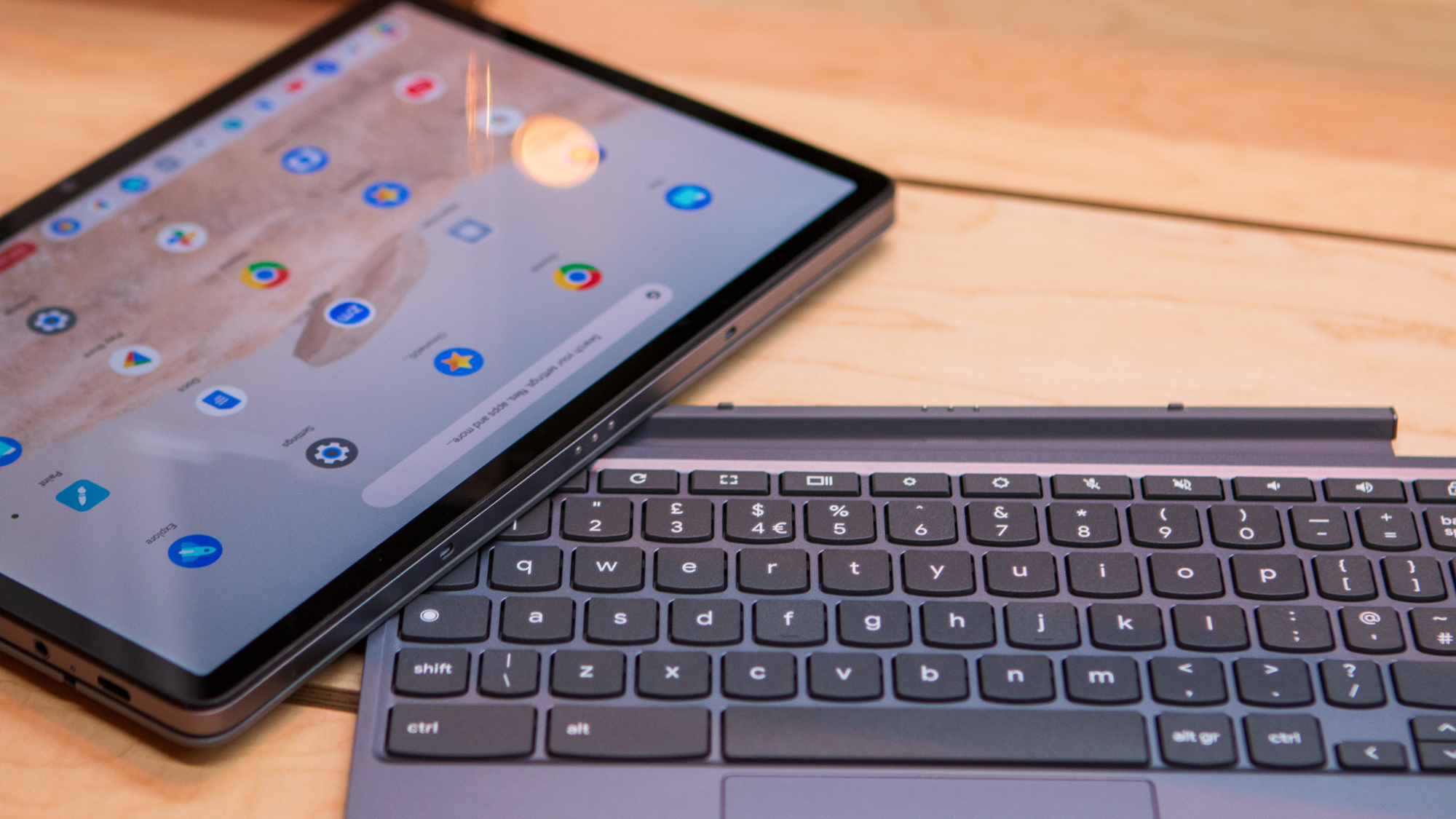
It’s almost impossible to point to one specific reason as to why companies have slowed the release schedule down. But I do think a couple of factors are at play, starting with Samsung’s re-entry into the Chromebook space.
For a few years, we saw Acer, HP, Lenovo, and others come in and enjoy time in the spotlight. However, seeing as Google worked with Samsung to introduce the first Chromebook with the new Quick Insert Key, I have to wonder if there isn’t some animosity. Since the release of the Galaxy Chromebook Plus, we’ve yet to see the dedicated key make its way to other Chromebooks.
Google introduced the “Launcher + F” keyboard combination for everyone when it released ChromeOS M130 in late 2024. Even still, it just feels a bit odd that Google kind of left all of the other OEMs out to dry, giving Samsung yet another exclusive. It’s the same kind of feeling that I had when Samsung and Google teamed up for the Wear OS 3 revamp. Okay, maybe it’s not exactly the same, but it’s pretty close.
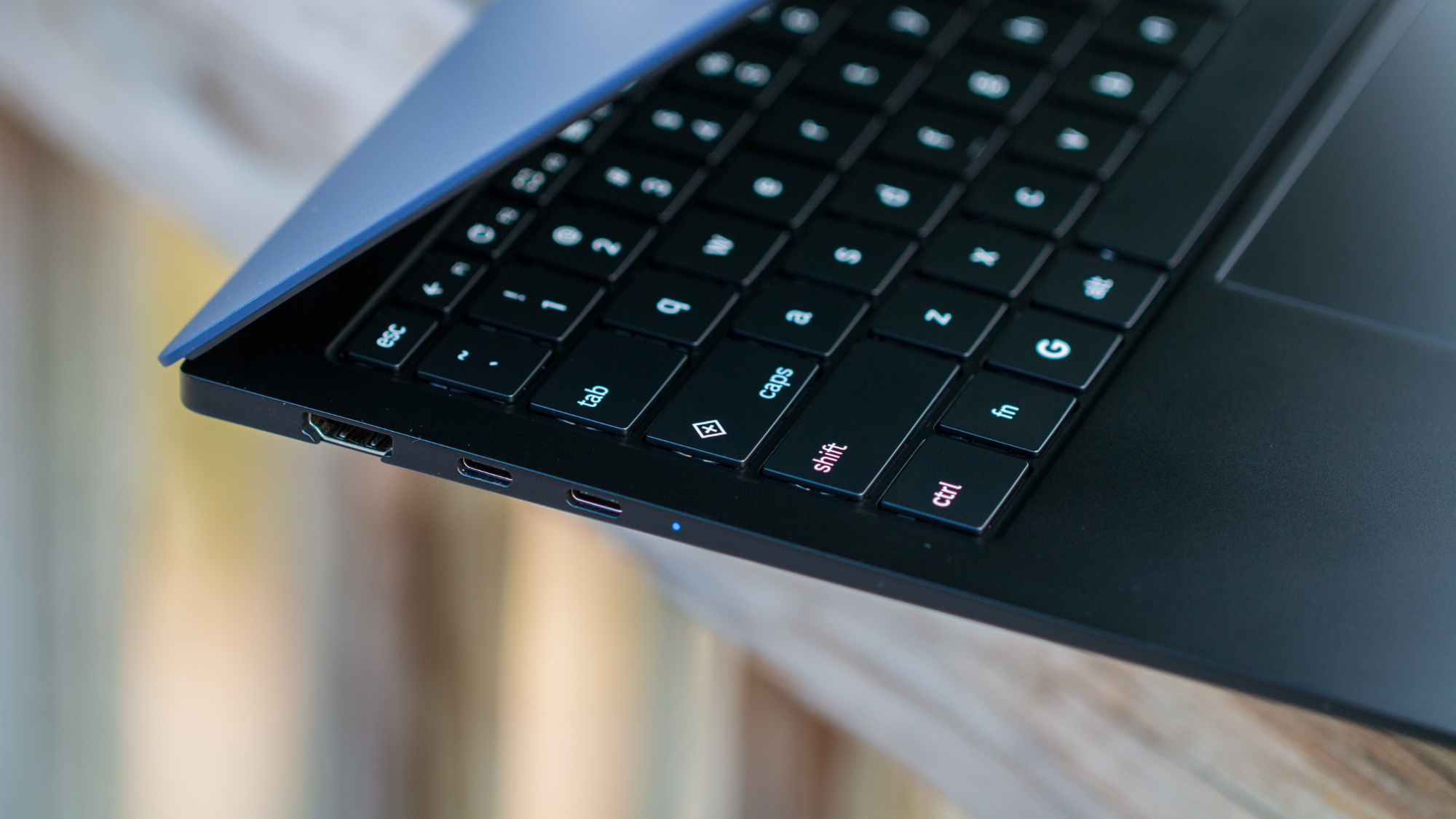
Another prospective reason for why we haven’t seen any new Chromebooks could be that they’ve kind of peaked. ChromeOS isn’t meant to do as much as macOS or Windows, and unless you’re savvy (or just like to tinker), the majority of people won’t even know that you can use Linux apps.
So, does it really make sense for Chromebooks to be continuously released on a yearly cadence when the underlying hardware is basically overkill? We all joke about how much memory Chrome eats on our computers, but that’s not as much of an issue on ChromeOS. The majority of Chromebook buyers are probably fine with 4GB of RAM, although I’d argue that we’re long past the time when 8GB should be the new minimum.
Then again, not everyone has 30+ tabs open, along with a bunch of apps at any given time. I just need Framework to release a new ChromeOS mainboard so I can have as much RAM and storage as I want. But I digress.
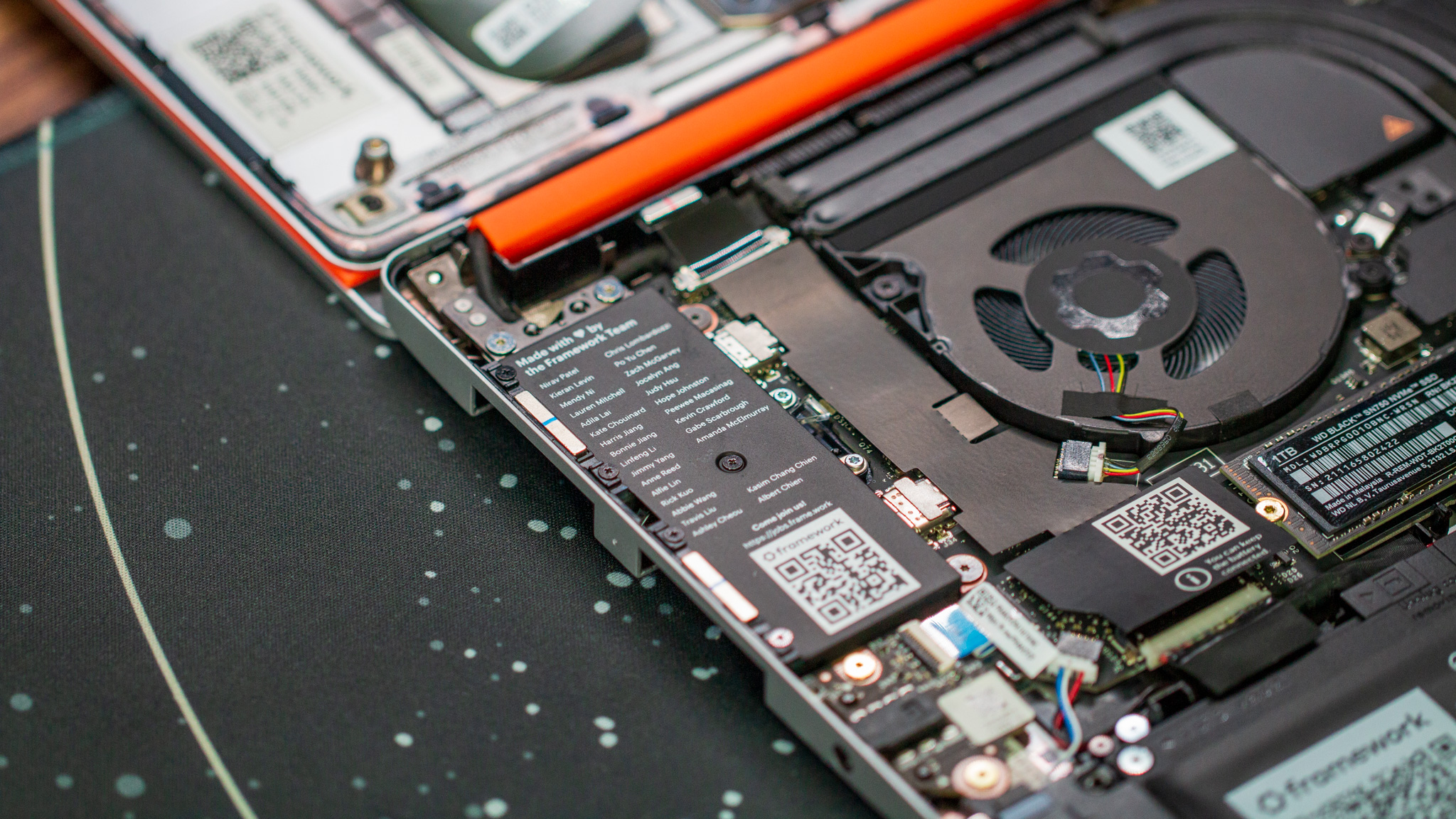
Is a Pixel Laptop coming?
Something else that I’ve had rattling around in my head is the idea stemming from the rumors of Google working on a “Pixel Laptop.” Instead of being powered by ChromeOS, which would make sense, it would rely on Android. I’m not convinced this is anything other than Google trying to come up with different ideas and implementations.
However, Google has been making some rather massive strides in improving the desktop mode that lay dormant within Android for years. Maybe the rumored Pixel Laptop wasn’t ever a consumer device and instead provided Google with a “playground” of sorts.
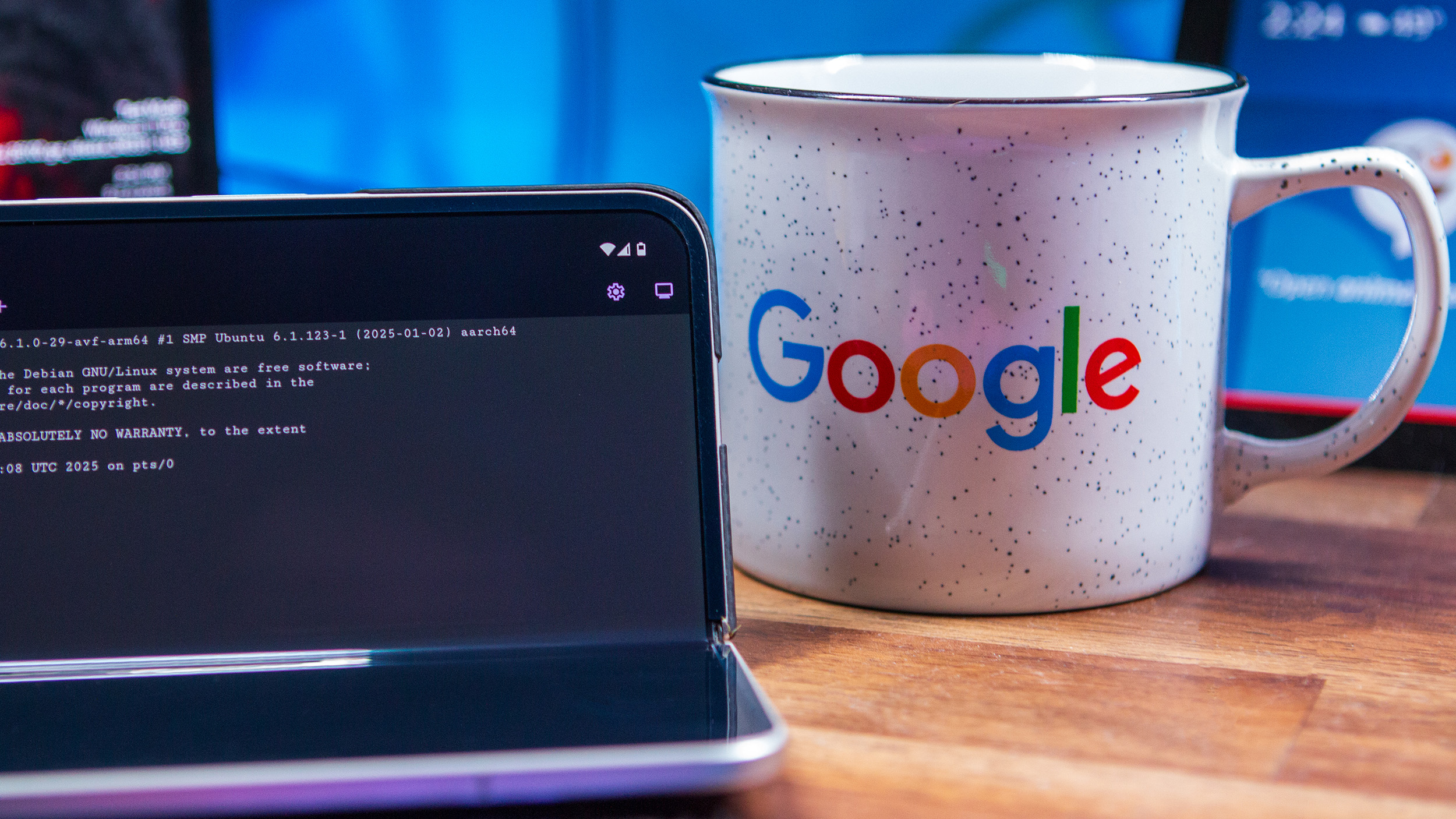
Not to mention that there’s now a Linux terminal app built into Pixel phones, in addition to rumors that Google is working on bringing extensions to the Chrome mobile app. The puzzle pieces seem like they’re starting to slot into place, but we’re still only working with the edge. So what does ChromeOS have to do with all of this?
Short tangent aside, we forget that Google already had a working implementation of ChromeOS running on a Pixel phone. Apparently this was never actually going to be released, but in November 2024, another rumor suggested Google was gearing up to “migrate ChromeOS fully over to Android.”
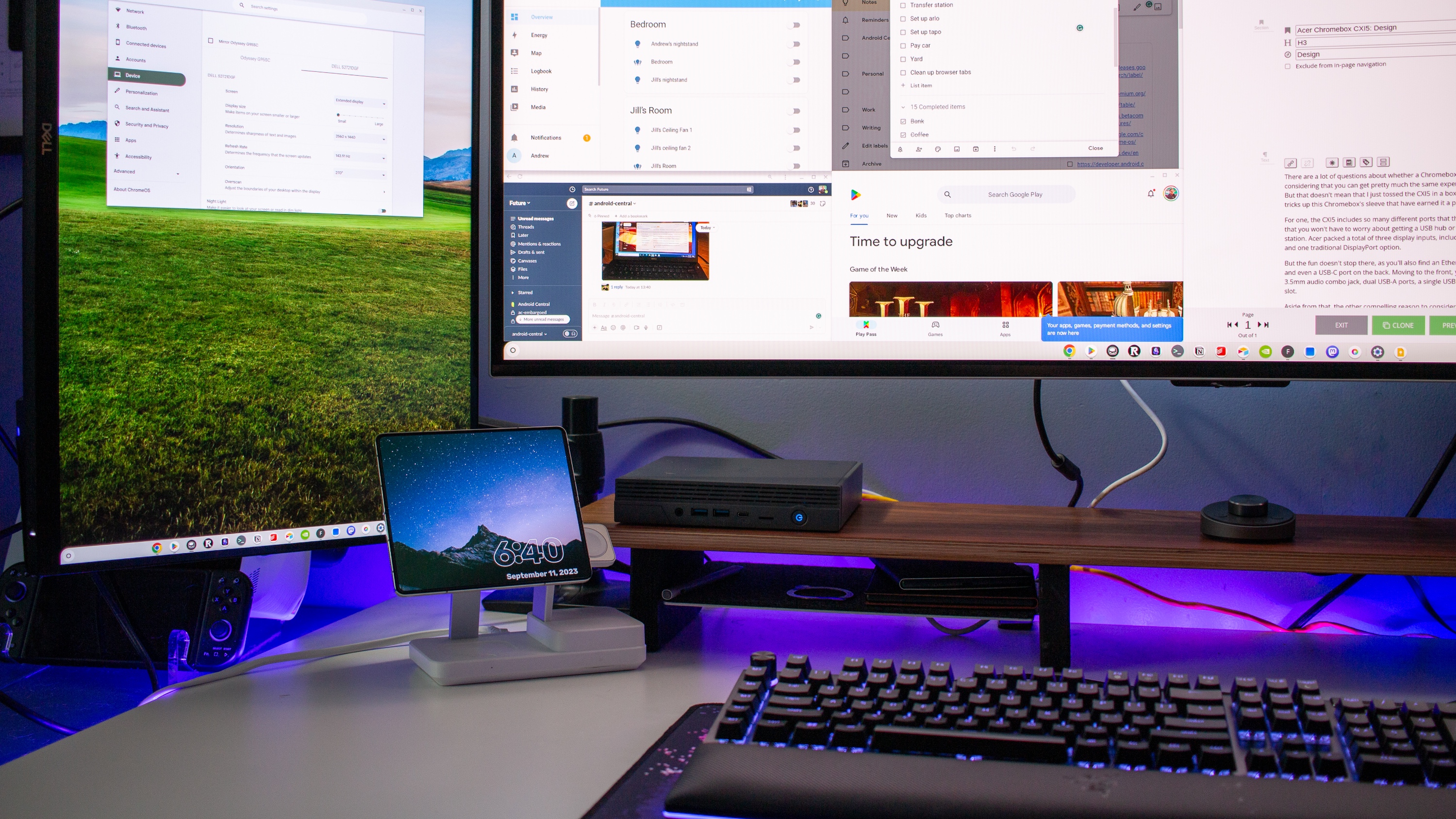
Such a move would allow Google to provide a more fluid and natural experience on devices with larger screens, such as tablets and maybe even foldables. However, you could also, in theory, connect your phone to a docking station, along with some peripherals, plug everything into an external display, and have essentially the same experience as a Chromebook.
At the same time, this move could potentially spell the end of Chromebooks as we know them. I don’t think anything drastic will happen with regard to the education segment, as there’s just too much money for Google to scoop up. However, consumer Chromebooks could eventually be replaced by our phones, which could explain how we find ourselves in the current situation.
The truth is that while it’s fun for me to sit here and act like I can figure out what Google has planned, I have no idea what’s actually going to happen. This could just be me trying to put pieces together for a puzzle that doesn’t exist.
But to me, it’s like the old saying goes, “Where there’s smoke, there’s fire.” Clearly, Google is up to something, and I’d be willing to bet we’ll learn more in less than two months when Google I/O takes place.